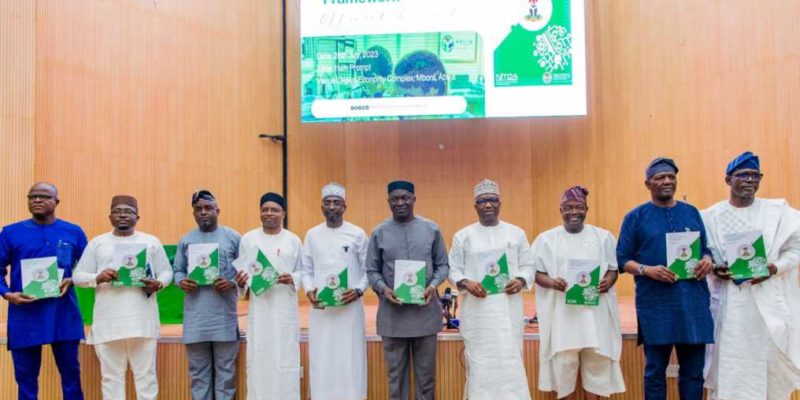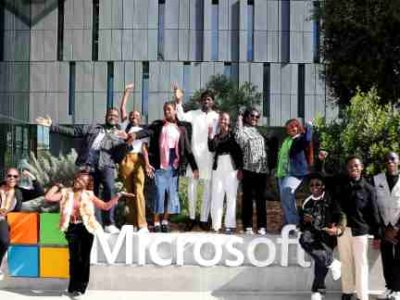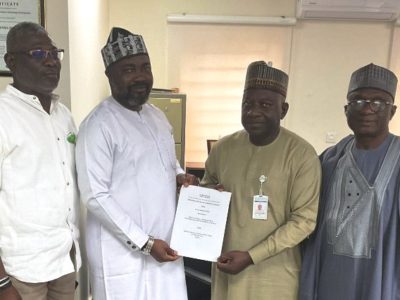The National Information Technology Development Agency (NITDA) has launched the National Digital Literacy Framework (NDLF) for achieving a digitally literate citizenry.
RELATED: UNICCON, RICHAT Partners ink deal to drive digital literacy in Mauritania
The agency has set an ambitious target to achieve 95 percent digital literacy by 2030 in line with the vision of President Bola Ahmed Tinubu to create over one million jobs for youths in the digital economy sector,
The framework, unveiled by the Permanent Secretary, Federal Ministry of Communications and Digital Economy, Dr William Alo, is aimed at providing a clear definition of digital literacy and “to develop a national curriculum for digital literacy capacity building training to ensure that everyone, regardless of their background or location, has the opportunity to learn the digital skills they need to succeed in the 21st century economy,” said Director General of NITDA, Kashifu Inuwa Abdullahi, at the launch ceremony recently in Abuja
He said the framework is going to set the stage for the review of curriculum for digital learning from the kindergarten to university level.
According to him, under the objectives of the framework, there is universal access, which means every Nigerian should have access to digital literacy and also, will help the country develop youth’s skills. The second objective is skill development, to help in building digital offerings locally.
Adding: “Thirdly, Inclusive Participation means everybody should be carried along to achieve this, we are developing digital gender inclusion as well, to ensure that the Nigerian women are not being left behind and we also have the workforce readiness.”
He also stressed the need for Nigeria to strategically position itself to fill 85 million talent deficits gaps with 8.5T USD unrealised annual value, which Korn Ferry projected that the world would experience by the year 2030.
His words: “By the year 2030, the way we work will completely change” the DG said, while citing McKinsey’s research that said automation will displace between 480 million jobs; Microsoft’s which said that by 2025, there is going to be more than 190 million new IT jobs.
“If we position ourselves, we can capture this value and become the global talent factory. We have a more competitive advantage over India in terms of our young population, English-speaking people, our geographic location, and many more.
“To create jobs, you need to have the literacy and skill, you need the literacy for the consumers to consume the digital services, and you need skills for the developers to build the digital services. So, this framework is setting the tone and is setting the direction.”
NITDA has already done the IT Skills Gap Assessment and is currently working on the digital talent strategy that will help in building the talent pipeline; not only training people, but connecting them with jobs, either local jobs or global in other to be part of the global value chain, Abdullahi told his audience.
The Director General of Small Medium Enterprises Development Agency of Nigeria (SMEDAN), Mr Olawale Tunde Fasanya, expressed the agency’s desire to collaborate with NITDA by including digital skills in its training curriculum to impact a lot of people whether as nano, micro, small or medium enterprises.
Other government functionaries in attendance were the Director general/CEO National Identity Management Commission (NIMC), Aliyu Aziz; CEO, National Commissioner, Nigeria Data Protection Commission (NDPC), Dr Vincent Olatunji; representative from the Central Bank of Nigeria, Ministry of Education, MTN Foundation, Nigeria Communications Commission (NCC), and Nigeria Computer Society (NCS) among others.





























